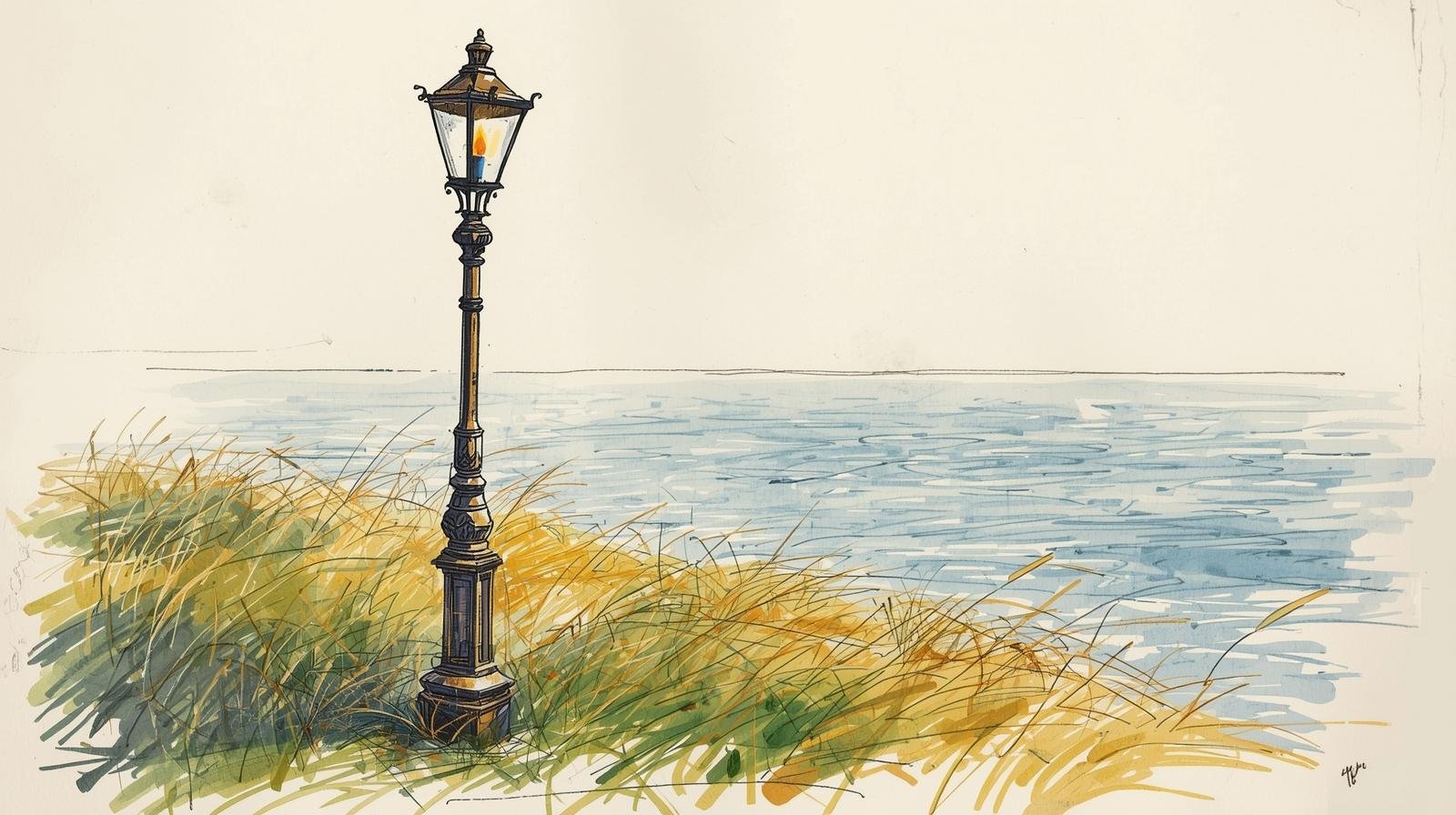
Gospel according to Saint Luke 14:25-33
Great crowds were traveling with Jesus, and he turned and addressed them, “If anyone comes to me without hating his father and mother, wife and children, brothers and sisters, and even his own life, he cannot be my disciple. Whoever does not carry his own cross and come after me cannot be my disciple.
Which of you wishing to construct a tower does not first sit down and calculate the cost to see if there is enough for its completion? Otherwise, after laying the foundation and finding himself unable to finish the work the onlookers should laugh at him and say, ‘This one began to build but did not have the resources to finish.’ Or what king marching into battle would not first sit down and decide whether with ten thousand troops he can successfully oppose another king advancing upon him with twenty thousand troops? But if not, while he is still far away, he will send a delegation to ask for peace terms.
In the same way, anyone of you who does not renounce all his possessions cannot be my disciple.”
Two values of prayer: architectural and martial
Luis CASASUS President of the Idente Missionaries
Rome, September 07, 2025 | XXIII Sunday in Ordinary Time
Wis 9: 13-18; Phlm 9b-10.12-17; Lk 14: 25-33
Today, Jesus speaks of someone who plans to build a tower and a king who wages war against another king. Together, these two stories are a perfect analogy of what it means to follow Him.
A tower is not just a simple dwelling. It can be part of a wall, a structure built to be seen from afar or for everyone to admire, either for its beauty or because it incorporates a clock, a flag, or sometimes trophies taken from the enemy, as was the case with the Tower of David. Let us remember that in the Litany, Mary is called the Tower of David and also the Tower of Ivory, because of the brightness and purity of this material.
From the negative point of view, the tower symbolizes our desire to be admired, that instinctive impulse to have a good reputation, to have my merits, my way of working, my generosity recognized… In this case, the tower is more like the prisons that were once the Tower of London, the Tower of Belem, or the Castel dell’Ovo tower in Naples: prisons, limiting walls that separate me from my neighbor.
A tower can be a symbol of a country or a city, such as the incomparable Eiffel Tower in Paris. But above all, as in the case of Mary in the Bible, the tower represents the image we are forging of ourselves, our life project.
That is why its construction is so delicate. That life project is not “individual,” it is never for me alone, it is something so visible and so evident to everyone that sooner or later it becomes a testimony (like the Ivory Tower) or a shame (like the Tower of Babel).
It is remarkable how Jesus proposes this allegory of the tower precisely when many people were accompanying him, aware that they were not doing so in a reflective way, but simply instinctively, because they saw him as a miracle worker or perhaps as a person of admirable conduct. It is not enough to walk behind Christ without realizing what that entails in terms of resources, planning, and perseverance. Superficial enthusiasm or momentary emotion is not enough. It is not something improvised; following Christ is not being a sympathizer of his, or proclaiming that he is the Son of God. It requires a conscious, evaluated decision that includes being willing to renounce all of one’s possessions (v. 33). The disciple must not begin something he is not willing to complete. In prayer, day by day, he discovers what to leave behind and what stone to place in the construction of the tower.
The unfinished tower means not taking into account the changes I must make in my way of life: the foundations, the necessary materials, the costs, the hours of work, the attitude towards fatigue and adversity…
On the other hand, the image of the king preparing to go into battle with ten thousand soldiers refers to external difficulties: difficult relationships with others, lack of understanding, the open and conscious opposition of some, the loss of reputation due to gossip and, in short, everything that tests us and competes with our decision, especially other goods, what the world has that is attractive (good or bad) and absorbing. That is why Jesus concludes his lesson today: So, any of you who does not renounce all your possessions cannot be my disciple.
The image of 10,000 soldiers fighting against 20,000 is expressive of how demanding the situation is. Not understanding that spiritual life is a struggle is naive; it is to ignore Jesus’ warning to watch and pray (Mt 26:41), to enter through the narrow gate (Lk 13:24).
Wars of all kinds, our necessary spiritual warfare, and the tragic conflicts that stretch from prehistory to modern hybrid wars, require continuous and methodical calculation.
Count Helmuth Karl Bernhard von Moltke, the great 19th-century German strategist and general, chose as his motto, Erst wägen, dann wagen (“First weigh, then venture”), and it is to this that he owes his great victories and successes. Slow, cautious, careful in planning, but bold, daring, even seemingly reckless in execution, the moment he makes his decision. He was so successful in his strategy that his repeated requests for retirement from active service on grounds of age were always rejected by the Prussian emperor, until shortly before he turned 88.
If we look at the devil’s strategy, he certainly seeks to take advantage of our distractions, of the moments when we are spiritually asleep, because we do not fully believe that our passions cause us constant conflict. St. Paul insisted on this ascetic truth:
I realize that in the members of my body there is another law, which is the law of sin. This law fights against what I consider good, and it holds me captive (Rom 7:23-24).
So, I say to you: live by the Spirit and do not follow the desires of the flesh; for the flesh desires what is contrary to the Spirit, and in turn the Spirit desires what is contrary to the flesh. The two are opposed to each other, so that you cannot do what you want (Gal 5:16-17).
The Spiritual Combat, by the Theatine Don Lorenzo Scupoli, written at the end of the 16th century, is one of the most famous treatises on the spiritual life. St. Francis de Sales, also a master in this subject and Doctor of the Church, carried it in his pocket for 18 years. He read it daily and recommended it to the people he directed. Using this warlike terminology, Scupoli wrote something that is always relevant:
One must be resolved to perpetual war against oneself, beginning by arming oneself with the four weapons without which it is impossible to obtain victory in this spiritual combat. These four weapons are: distrust of oneself, trust in God, proper use of the faculties of body and soul, and the duty of prayer.
Falsely accused, slandered, suspended a divinis, and acquitted after 25 years by a General Chapter, a few months before his death… he knew what he was talking about. The famous book is a reflection of his exemplary life of relentless struggle to follow Christ.
—ooOoo—
From all of the above, we could conclude that spiritual victory is the direct result of our abnegation and effort. However, what we are humbly doing with it is giving a sign to the Divine Persons that means: I need help, and furthermore, I do not expect to find it in anything or anyone in this world, only in the will of the Father, which I hope to read in my neighbor and in the events around me.
We must live with that happy distrust of which Lorenzo Scupoli speaks, and spend our whole life reclining in the Heart of the Father. As our Founder tells us.
This is how we become free to live as St. Paul did, as reflected in the Second Reading: to be builders of unity, in his case between Philemon and Onesimus; to be capable not only of building a tower, but also multiple bridges between people, always separated by a thousand misunderstandings, fears, ignorance, and interests. A mission that often seems impossible.
This reflects our need for divine wisdom to go beyond our ignorance and powerlessness, as the First Reading explains.
I would like to paraphrase the story of Solomon’s Judgment (1 Kings 3:16-28) to emphasize our need to be taught how to build our tower and win our battle:
The young King Solomon had just assumed the throne. Although he inherited power, he did not feel wise. In his nightly prayer, he cried out:
Who can know your will, Lord? Human reasoning is fragile, and mortal plans uncertain. Give me your wisdom to rule with justice.
The next day, two women came to the palace, disputing the motherhood of a child. There were no witnesses, no evidence. Solomon listened, but his thoughts were confused. How could he judge without falling into error?
Remembering his prayer, Solomon did not trust his logic, but what the Spirit inspired him. He proposed to divide the child, knowing that true love would be revealed. One woman agreed; the other, weeping, asked that it be given to her rival.
Then Solomon said:
It was not my mind that resolved this judgment, but the wisdom that God granted me. For human thoughts are not enough to know what is just.
The people marveled, not only at the decision, but at the recognition that true justice comes from the Spirit of God, not from human intellect.
You and I can have a similar experience when we accept to carry the cross, especially when we accept the invitation to be missionary disciples, despite our limitations and weariness. We cannot imagine how our witness will be used to bring someone closer to Christ.
Among the crowd that followed him in today’s Gospel, there were surely sick people, curious people, unrealistic dreamers, disappointed people, ambitious young people, intellectuals with a desire to know more, or simply people attracted by Jesus’s personality… All of them are represented in those who were the first disciples and went all the way, giving their lives. Christ is capable of changing our motivations, the vain and insignificant treasure that our hearts had chosen.
_______________________________
In the Sacred Hearts of Jesus, Mary and Joseph,
Luis CASASUS
President












